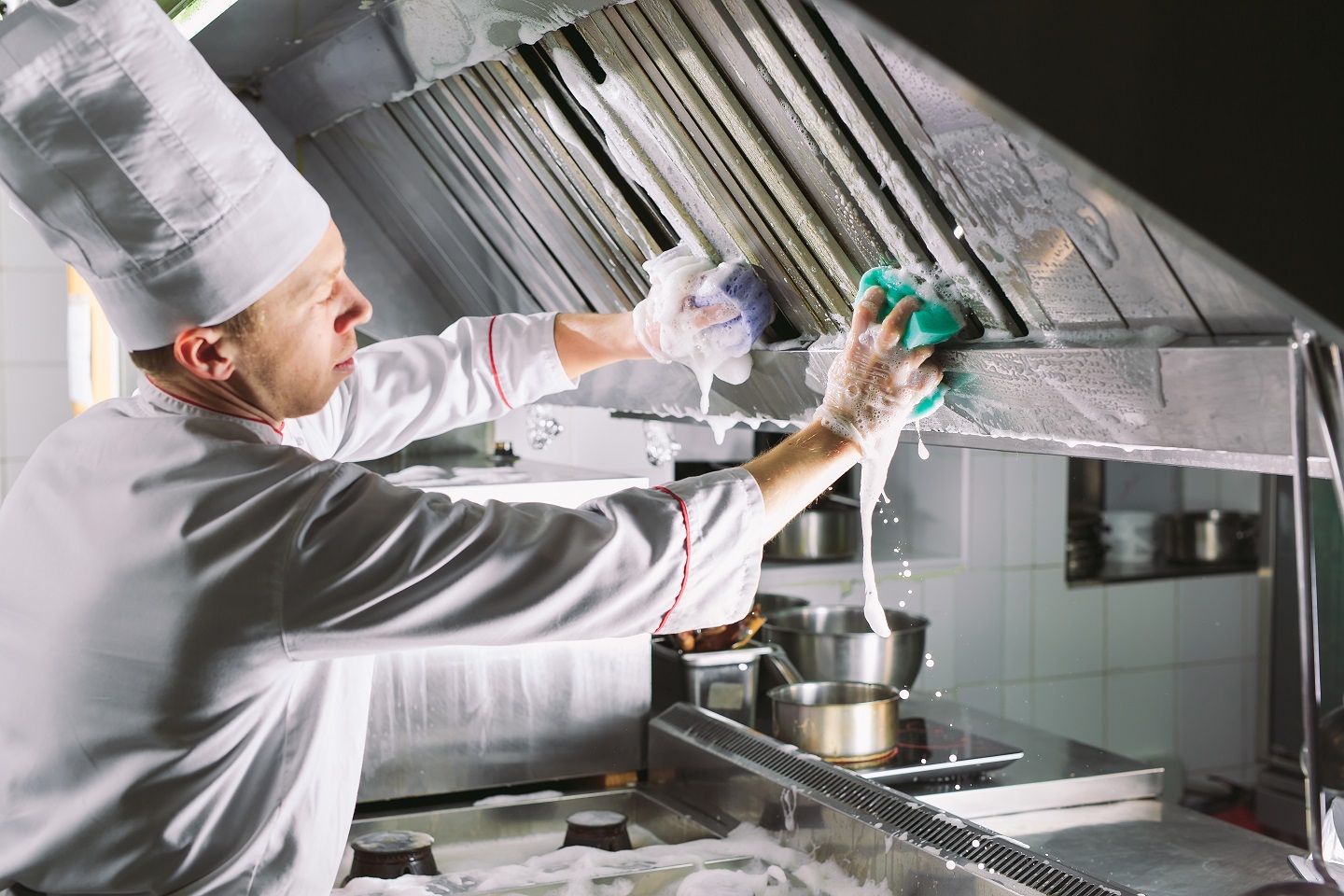The hustle and bustle of a commercial kitchen is an exhilarating experience, but it comes with its own set of challenges. One often-overlooked aspect is the cleanliness of the kitchen hood—a crucial component that plays a significant role in maintaining a safe and efficient working environment.
Why Hood Cleaning Matters
In the high-pressure world of commercial kitchens, cleanliness isn’t just a matter of aesthetics; it’s a fundamental aspect of safety. Grease buildup in kitchen hoods poses a severe fire hazard, and neglecting regular cleaning can have dire consequences.
Understanding the Hood Cleaning Process
To truly appreciate the importance of nettoyage hotte 92, it’s essential to understand the anatomy of a kitchen hood. From the hood canopy to the exhaust fan and ductwork, each component requires regular maintenance to ensure optimal performance and safety.
DIY vs. Professional Hood Cleaning
For many restaurant owners, the question arises: should they tackle hood cleaning themselves or hire professionals? Each option has its merits, but it’s crucial to weigh the pros and cons carefully.
Frequency of Hood Cleaning
Industry standards dictate how often a kitchen hood should be cleaned thoroughly. Recognizing the signs that indicate it’s time for a cleaning is equally important to prevent potential hazards.
Choosing the Right Cleaning Products
Not all cleaning agents are created equal. We explore the various products available, offering insights into choosing the right ones for effective hood cleaning. Additionally, we delve into eco-friendly options for those with sustainability in mind.
Common Mistakes to Avoid in Hood Cleaning
Even with the best intentions, mistakes can happen during the cleaning process. We highlight common pitfalls, such as overlooking hidden areas and neglecting essential components like the exhaust fan and ductwork.
Benefits of Regular Hood Cleaning
Regular hood cleaning goes beyond safety; it positively impacts the longevity of kitchen equipment and improves overall air quality. Discover the multifaceted benefits that come with prioritizing this crucial maintenance task.
The Cost of Neglecting Hood Cleaning
What are the risks of allowing grease to accumulate in your kitchen hood? We break down the potential consequences, both in terms of equipment damage and legal ramifications for non-compliance.
Professional Hood Cleaning Services: What to Look For
For those opting to hire professionals, we provide a guide on what to look for in a reputable hood cleaning service. From qualifications to insurance coverage, knowing what questions to ask can make all the difference.
DIY Tips for Effective Hood Cleaning
If you decide to take the DIY route, we offer a step-by-step guide to ensure you’re cleaning your hood effectively and safely. We also cover the necessary safety precautions and equipment needed for a thorough cleaning.
Innovations in Hood Cleaning Technology
The world of hood cleaning has evolved with technological advancements. Explore the latest tools and methods that streamline the cleaning process, making it more efficient and effective than ever.
Regulatory Compliance: Staying on the Right Side of the Law
Navigating the regulatory landscape is critical for any business. We outline the relevant regulations and standards that pertain to hood cleaning, emphasizing the consequences of non-compliance.
Conclusion
In wrapping up our comprehensive guide, we revisit the critical importance of hood cleaning in commercial kitchens. It’s not just a matter of compliance; it’s a proactive step toward a safer and more efficient working environment.
FAQs:
How often should I clean my kitchen hood?
Cleaning frequency depends on the type of kitchen and cooking volume. As a general rule, a thorough cleaning should be performed every three to six months.
Can I use household cleaning products for hood cleaning?
While some household products may work, it’s recommended to use commercial hood cleaning products for optimal results.
What are the consequences of not cleaning my kitchen hood?
Neglecting hood cleaning can lead to a higher risk of kitchen fires, increased energy consumption, and potential fines for non-compliance with safety regulations.
How can I tell if my kitchen hood needs cleaning?
Signs include visible grease buildup, reduced suction power, and unusual odors. Regular inspections and adherence to cleaning schedules help prevent these issues.
Is it worth investing in professional hood cleaning services?
Yes, professional services ensure a thorough and compliant cleaning process, reducing the risk of fire hazards and prolonging the lifespan of your kitchen equipment.

